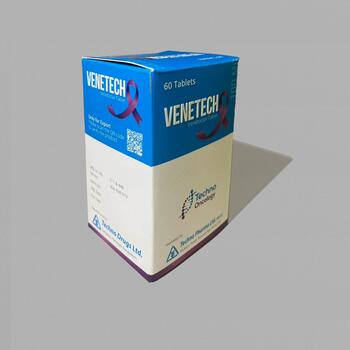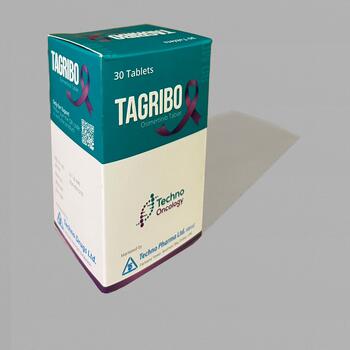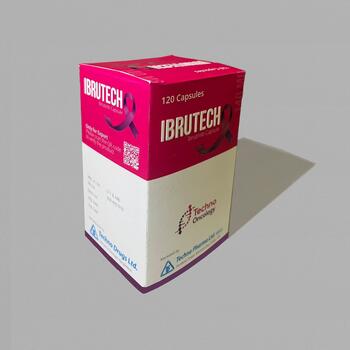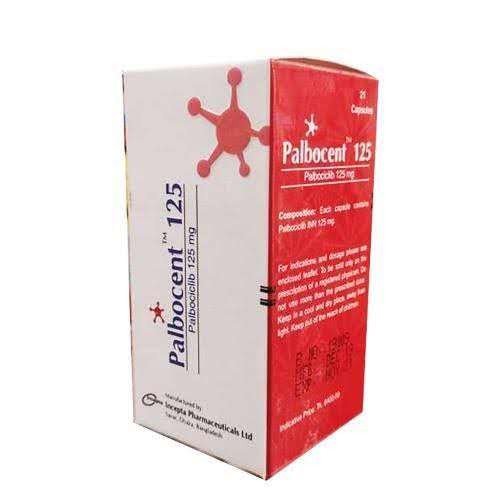乐伐替尼,(Lenvatinib)10mg
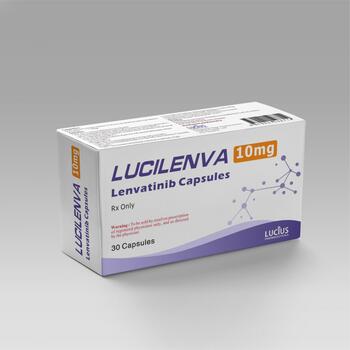
1. Composition:
- Active Ingredient: Lenvatinib Mesylate
- Molecular Formula: C₁₁H₁₉ClN₄O₄S
- Molecular Weight: 426.85 (for the base compound of Lenvatinib)
- Dosage Form: Common specifications include 4 mg and 10 mg tablets.
2. Pharmacological Effects:
Lenvatinib inhibits various receptor tyrosine kinases (including Vascular Endothelial Growth Factor Receptors (VEGFR), Fibroblast Growth Factor Receptors (FGFR), Platelet-Derived Growth Factor Receptors (PDGFR), RET, and KIT), thereby blocking tumor angiogenesis and inhibiting the proliferation of cancer cells. This mechanism of action makes it an effective drug for treating various solid tumors, especially hepatocellular carcinoma and thyroid cancer.
3. Dosage and Administration:
The dosage of Lenvatinib depends on the specific type of cancer and the patient’s weight. Common dosages are as follows:
- Hepatocellular Carcinoma: Recommended dose is 12 mg (for weight ≥ 60 kg) or 8 mg (for weight < 60 kg), taken once daily, orally.
- Thyroid Cancer: Recommended dose is 24 mg, taken once daily, orally.
- Renal Cell Carcinoma: Often used in combination with Everolimus, the recommended dosage is 18 mg of Lenvatinib with 5 mg of Everolimus, taken once daily.
Administration: Take once daily, with or without food, as directed by a physician.
4. Research & Development History:
Lenatinib was developed by the Japanese pharmaceutical company Eisai. It first received approval from the U.S. Food and Drug Administration (FDA) in 2015 for the treatment of refractory thyroid cancer. As clinical trials progressed, the indications for Lenvatinib expanded to include renal cell carcinoma and hepatocellular carcinoma. Its multi-targeted mechanism has made it an important part of global cancer treatment.
5. Mechanism of Action:
The anti-cancer mechanism of Lenvatinib is through the inhibition of multiple receptor tyrosine kinases, blocking tumor angiogenesis and the growth signaling pathways of tumor cells. Its targets include:
- VEGFR (Vascular Endothelial Growth Factor Receptor)**: Inhibition of this receptor blocks the formation of new blood vessels in tumors, cutting off the nutrient supply to cancer cells.
- FGFR (Fibroblast Growth Factor Receptor)**: Inhibition of this receptor suppresses the growth and proliferation of tumor cells.
- PDGFR (Platelet-Derived Growth Factor Receptor), RET, and KIT: Inhibiting these targets helps prevent the spread and further growth of tumor cells.
By inhibiting these signaling pathways, Lenvatinib can slow tumor growth and prevent its spread.
6. Summary:
Lenvatinib is a multi-targeted tyrosine kinase inhibitor widely used in the treatment of thyroid cancer, hepatocellular carcinoma, and renal cell carcinoma. Its multi-targeted mechanism allows it to simultaneously inhibit tumor angiogenesis and the proliferation of tumor cells, demonstrating significant anti-cancer effects.



